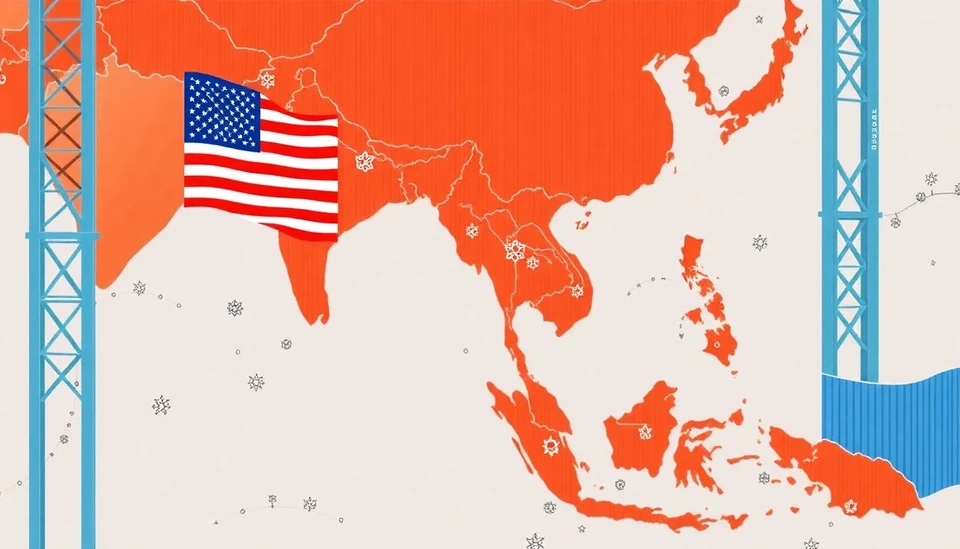
In a recent statement, the CEO of DigitalBridge Group, a prominent player in the technology and infrastructure space, has raised concerns regarding the impact of tariffs on imported components vital for artificial intelligence (AI) development. The warning comes at a time when the demand for AI technology is surging, which has led to increased reliance on specific components and chips that power these innovations.
The CEO, whose insights shed light on the intricate dynamics of supply chains, pointed out that ongoing tariff challenges might strategically delay the arrival of crucial AI components in the market. This situation poses a significant risk not only to DigitalBridge but also to the broader technology landscape, which is increasingly dependent on efficient supply chains to meet the soaring demand for AI applications across various sectors.
As companies race to enhance their AI capabilities, the pinch from tariffs could slow down development timelines and elevate costs for businesses looking to integrate advanced technologies. DigitalBridge, with its significant investments and operations within the digital infrastructure arena, is particularly aware of how these external pressures can disrupt well-laid plans for technological advancement and innovation.
Moreover, the CEO emphasized the wider repercussions that tariff measures could have on competitiveness, arguing that delays in obtaining necessary components may hinder firms' ability to innovate effectively. This could not only affect DigitalBridge but also threaten the United States's standing as a leader in AI technology on a global scale. As technology shifts quickly, any stagnation in component availability can significantly impact a firm's market position and its capability to pioneer the next wave of advancements in AI.
In response to these challenges, DigitalBridge is closely analyzing its supply chain logistics and exploring possible alternatives and contingencies to mitigate these tariff impacts. The company acknowledges that while the landscape is fraught with uncertainties due to tariff regulations, proactive measures can still be taken to navigate the complexities and continue pushing the boundaries of what's possible with AI technologies.
This warning highlights an ongoing discussion among tech executives and experts about how external geopolitical factors can dramatically influence innovation in the fast-moving tech sector. With the global race for AI supremacy heating up, it becomes crucial for stakeholders to advocate for more favorable trade policies that can facilitate smoother operations through fewer barriers.
As the industry watches closely, DigitalBridge's observations serve as a timely reminder of the interconnectedness of trade policies and technological progression. The fate of AI development may very well hinge on the ability of companies and policymakers to collaborate and rethink approaches to import tariffs in the context of a rapidly evolving global technological landscape.
It remains to be seen how these tariffs will impact businesses in the long run, but the cloud of uncertainty hovering over AI component supply chains could have lasting implications for innovation and progress in the field.
#AI #DigitalBridge #Tariffs #Technology #SupplyChain #Innovation #BusinessImpact #Geopolitics
Author: Daniel Foster




